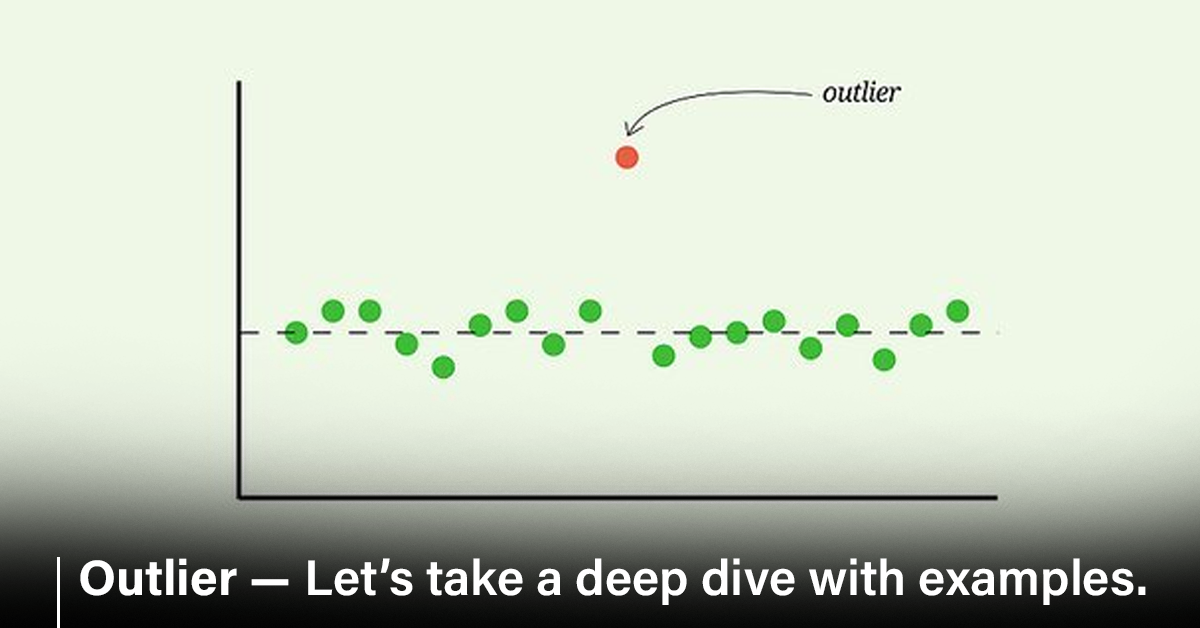What would happen if the financial industry is unaware of financial modeling?
In such a situation, companies will struggle to understand their finances. Managing cash flow, investments, spending, and tracking profits is going to be an extremely difficult task for a company. You will have no tool to predict the company’s financial future.
Luckily, that’s not the case.
We have access to financial modeling. We know how to use it to manage finances effectively. Over time, financial modeling became a career path of its own – providing candidates with a full-time career opportunity.
Still, most students are unaware of this career path and the opportunities it brings along.
Financial Modeling: An Overview
Financial Modeling is a representation of finance in the form of a spreadsheet that is used to evaluate future events for a company.
Financial models are used for company evaluation, acquisition decisions, credit ratings, debt issuance, and future forecast.
However, financial modeling as a profession requires several other skills. Candidates must excel in accounting, forecasting, auditing, and data analysis to excel in a career in financial modeling.
Although skills and abilities can be acquired, demand drives candidates to pursue a career.
Is financial Modeling in demand?
The demand for financial modeling isn’t slowing down. Financial modeling will always be needed, as companies always need someone to manage finance.
Startups, business owners, firms, and even the corporate world need someone efficient with numbers.
In India, there are about 50,000 startups and the number is only increasing day by day. The demand for financial modeling will accumulate a huge number of jobs.
Moreover, financial modeling is a well-known career, but its advantages aren’t limited to its fields. Financial Modeling is a crucial skill that can help you earn higher salaries in various fields of finance.
According to Wallstreetstoasis reports, financial modeling is the primary skill that will excel in your investment banking, corporate finance, and banking careers.
How much do Financial Modeling Analyst analysts make?
The average salary of a financial Modeling analyst ranges from 5 LPA to 10 LPA. The variation depends on your experience and capabilities.
For instance, the package starts at 5 LPA if you are fresher. With your experience and skills, it may increase to 7.5 or even 10 LPA.
The average salary ranges between 5 LPA and 7.5 LPA with 1-4 years of experience.
Financial Modeling is a promising career option both in terms of opportunities and pay scale. You can work in banks, companies, firms, and corporations if you meet the eligibility criteria to become a financial modeling analyst. Financial Modeling is a promising career option.
Alternate career scope of Financial modeling
CA and banking jobs are the highest-paying finance jobs, but a financial modeling certificate can get you similar pay. Upgrade listed some of the top-paying finance careers, and below are some of the highest-paying jobs for finance graduates.
Financial Analyst
A financial analyst usually works for banks or businesses to manage their finances. They spend their day tracking finances, preparing reports, and evaluating the company’s performance.
Precisely, analysts analyze financial statements to assess investment opportunities. Every organization needs a financial analyst; therefore, the demand for the analyst is quite high.
Investment Banker
Investment bankers oversee investments for businesses and government agencies. These professionals work as a bridge between companies that are actively searching for funding and investors.
However, an investment banker’s primary work involves managing the company’s investments. This directly affects the future of the company. As a result, investment bankers earn more than any other financial professional.
Equity research analyst
An equity research analyst oversees the client’s investment portfolio, produces reports, and recommends investment options. These professionals work for both buy-side and sell-side firms.
To become an equity research analyst, candidates need a bachelor’s degree. For further growth, the candidate must have a master’s. Although you can make good money even as a fresher.
Credit Analyst
A credit analyst in the context of the Chartered Financial Analyst (CFA) primarily focuses on evaluating and assessing the creditworthiness and risk associated with borrowers.
This includes corporations, governments, or individuals.
The role of a credit analyst involves analyzing various financial factors to make informed credit decisions.
Here are some key responsibilities of a credit analyst in the CFA field:
- Credit Risk Assessment
- Financial Statement Analysis
- Credit Risk Mitigation
- Credit Evaluation
- Ongoing credit monitoring
Conclusion
To wrap up, financial modeling is an essential skill that every firm or organization requires. Completing the financial modeling course is beneficial to getting a job as a financial modeler.
You can even apply for positions such as financial analyst, personal finance advisor, etc.
Financial modeling has vast applications for corporations and businesses. As a commerce student, knowing how to analyze and keep records of finance will pay off in the form of better opportunities.
At CFI Education, we have curated a comprehensive Financial Modeling & Valuation program for you to start building your knowledge and skills in the field of Financial Modeling.
Most importantly, we also offer an updated curriculum, interview & practical training with our training program – which ultimately makes it easier for you to land a job.



